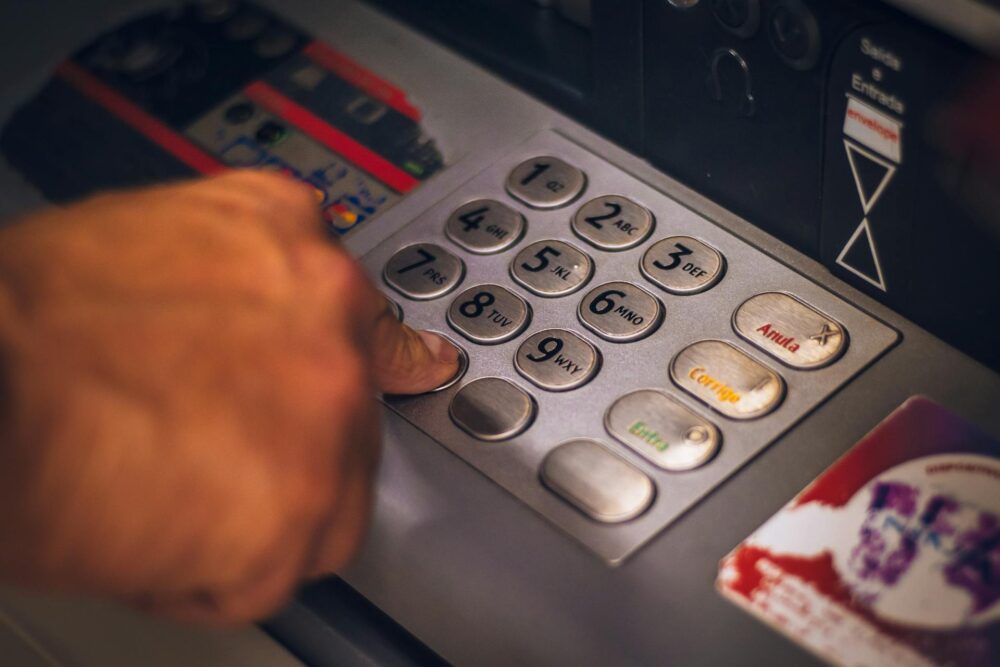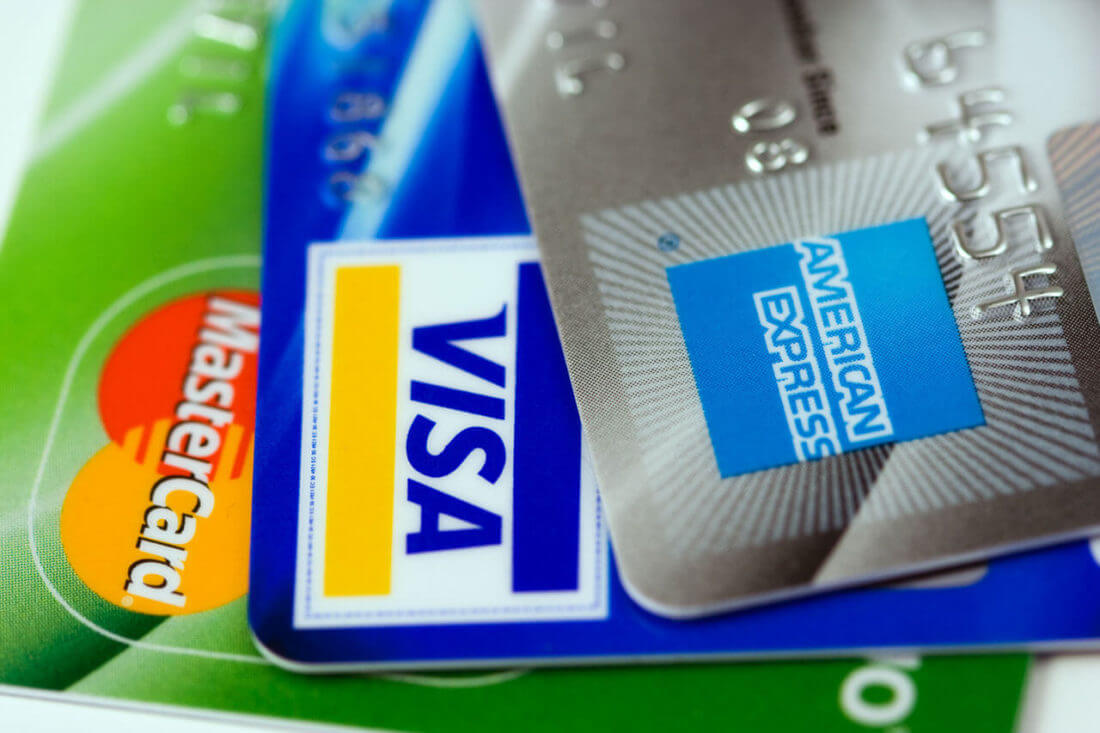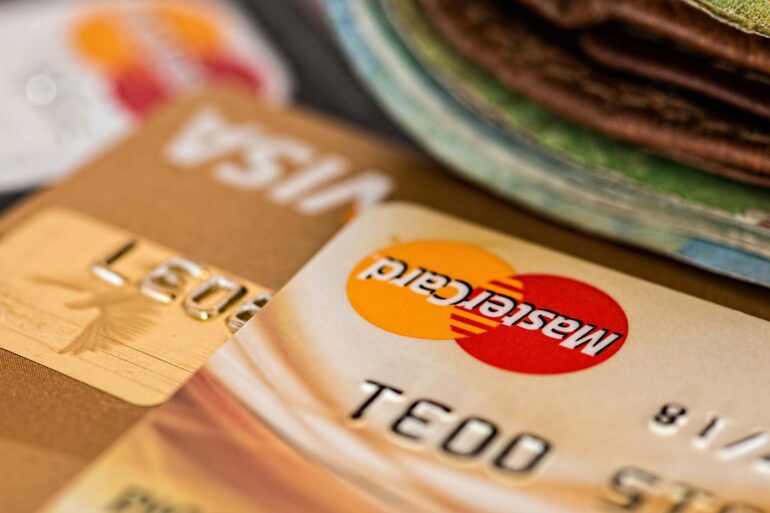In a significant development for ATM users across the US, Visa and Mastercard are to pay $197 million to settle a class action lawsuit over ATM fees. The lawsuit, which was filed in 2011, said that both businesses kept ATM fees artificially high. These practices restricted competition, which resulted in higher costs for consumers using out-of-network ATMs.
Visa and Mastercard to Pay $197 Million to Settle Class Action Lawsuit Over ATM Fees
The class action lawsuit against Visa and Mastercard traces back to October 2011, when consumers alleged that the credit card companies had implemented restrictive practices that kept ATM fees artificially high. Central to these allegations were Visa and Mastercard’s so-called “Non-Discrimination Rules.”
According to the plaintiffs, these rules limited competition by preventing ATM operators from offering lower fees for transactions processed through alternative networks, thereby inflating the cost of cash withdrawals for consumers.
A Decade-Long Battle for Fair ATM Fees
The lawsuit represented individuals and entities who incurred unreimbursed access fees on cash withdrawals at bank-operated ATMs, with claims dating back to October 2007. This case has become one of the longest-running legal battles over ATM fee practices.
In August 2022, a significant milestone was reached when the plaintiffs secured a $66.74 million settlement with major banks – JP Morgan, Wells Fargo, and Bank of America – that owned ATMs involved in the case. This, along with Visa and Mastercard’s recent $197.5 million settlement, has brought the total recovery amount to $264.24 million, pending final court approval.

Key Details of the Settlement
Visa and Mastercard’s settlement agreement outlines that the two companies will contribute a combined total of $197.5 million to resolve the class action claims, with Visa paying $104.6 million (53%) and Mastercard $92.8 million (47%).
This agreement, however, is still awaiting court approval, a necessary step in class action cases to ensure the fairness and adequacy of the settlement. If approved, this settlement will bring an end to a longstanding and hard-fought case that has spanned over a decade, and provide relief to millions of consumers who were impacted by inflated ATM fees.
Class Action Fund and Distribution
The settlement funds from Visa and Mastercard will be pooled into a dedicated Settlement Fund, designed to compensate eligible class members who submit valid claims. This distribution process is subject to strict court oversight to ensure that the settlement is fairly allocated among those affected by the elevated ATM fees.
The court’s role here is crucial, as it helps protect the interests of all class members, particularly those who may be unaware of their eligibility to claim compensation. Notably, despite agreeing to this substantial settlement, Visa and Mastercard have denied any liability or wrongdoing in connection with the allegations.

Implications and Industry Reactions
This settlement could mark a turning point for transparency and fee-setting practices within the payments industry, especially concerning ATM access and transaction fees. Addressing longstanding allegations over restrictive fee practices means that the outcome of this case may encourage credit card companies and banks to reconsider how fees are structured and disclosed to consumers. This could lead to greater openness in fee policies, and potentially benefit ATM users with more competitive pricing options.
Interestingly, neither Visa nor Mastercard provided comments on the settlement, which probably means they are taking a more cautious approach amid other ongoing litigation. Both companies are currently facing a separate, high-profile lawsuit involving a $5.5 billion settlement in Brooklyn over alleged excessive transaction fees charged to merchants.
This backdrop of continued legal scrutiny could drive these companies and others within the payments industry to proactively examine and potentially revise fee structures to mitigate further legal and regulatory challenges.

Breakdown of the Settlement
The total settlement amount in this case is $197.5 million, with Visa contributing $104.6 million (53%) and Mastercard providing $92.8 million (47%). This settlement follows an earlier $66 million settlement secured in 2022 with major banks (JP Morgan, Wells Fargo, and Bank of America) that owned the ATMs involved in the lawsuit. Together, these settlements bring the total recovery amount to $264.24 million, which will be distributed to eligible class members who file valid claims.
It’s important to note that the settlement is still pending court approval. The court will evaluate whether the settlement is fair, reasonable, and adequate for the class members affected by the inflated ATM fees. This oversight ensures that the interests of those impacted are properly represented and that the settlement provides a just resolution to the claims.
What This Means for Consumers and Merchants
The settlement between Visa, Mastercard, and the plaintiffs could signal potential changes in how ATM fees are structured. While it’s unclear whether this will lead to direct cost reductions, the case’s outcome may set a precedent that forces credit card companies and banks to rethink their fee practices. Below are some possible implications for consumers:
- Increased transparency in ATM fee structures, as credit card companies and banks may be under greater scrutiny to disclose and justify their fees.
- Potential for more competitive pricing, as the case could encourage ATM operators to offer lower fees or provide clearer alternatives to avoid excessive charges.
- Possible changes in how fees are assessed, with fewer barriers for consumers to access lower-cost ATMs or alternative cash access methods.
While merchants may not directly benefit from this settlement, changes in ATM fee practices could influence consumer behavior and affect overall transaction volumes through credit card processing companies. If consumers are encouraged to seek out ATMs with more competitive fees, merchants may need to adjust their pricing strategies to remain competitive.

Looking Ahead at the Settlement
While this specific case addresses historical allegations, its outcome could set a crucial precedent for future litigation concerning fee practices. As consumers and institutions alike continue to scrutinize transaction costs, this case may prompt greater industry-wide attention to how fees are set, disclosed, and regulated. Moving forward, we can expect to see increased pressure on financial institutions to offer more competitive and transparent pricing.






